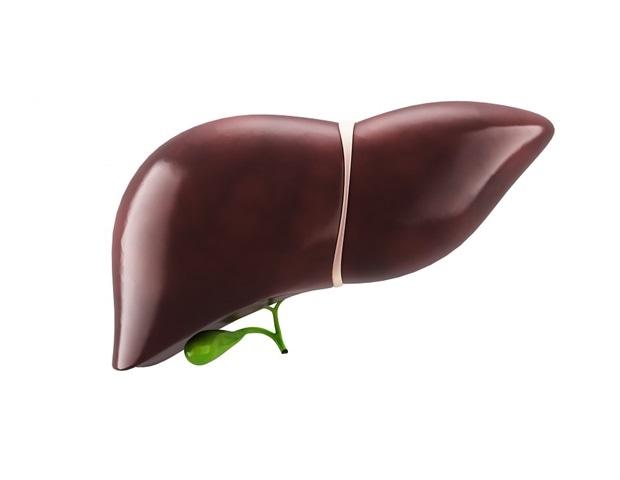T4K3.news
Study shows CPR checks may worsen outcomes for athletes
A new analysis suggests athletes may face higher risks if airway checks delay CPR.

A new study questions the traditional CPR method, urging immediate chest compressions.
Study suggests airway checks may hinder CPR effectiveness for athletes
A recent study from Israel highlights a potential flaw in standard CPR practices, particularly for athletes facing cardiac arrest. The research suggests that the common focus on checking airways before beginning chest compressions could actually increase the risk of death. Dr. Dana Viskin from Tel Aviv University argues that this approach delays crucial life-saving measures. Many respondents erroneously believe in the possibility of tongue swallowing, which detracts from the urgency of CPR. The study analyzed 45 cases of athletes collapsing during events between 1990 and 2024 and found that inappropriate initial responses often took precedence over starting chest compressions.
Key Takeaways
"The first response should be immediate initiation of chest compressions."
Dr. Dana Viskin emphasizes the urgency of starting CPR right away without airway checks.
"Time spent checking the airway... only delays life-saving treatment."
Dr. Viskin points out the dangers of delaying CPR for airway management.
"A striking consistency of the incorrect initial response across most cases is a powerful finding."
Viskin discusses the prevalent errors made in emergency situations, underlining the need for change.
"Early chest compressions are recognized to be of critical importance in saving individuals experiencing cardiac arrest."
A College of Paramedics spokesperson backs the study's findings, highlighting the value of prioritizing chest compressions.
The implications of this study stress the need for a shift in CPR training and public awareness. The myth surrounding tongue swallowing may not only mislead bystanders but also influence media narratives surrounding cardiac emergencies. Shifting the focus to immediate chest compressions, as the American Heart Association recommends, could save lives. This investigation may provoke discussions among health professionals about the rigidity of CPR protocols and the necessity of adapting practices in light of newer research.
Highlights
- Immediate chest compressions can save lives in cardiac arrest situations.
- Too much focus on airways may cost lives during critical moments.
- The myth of tongue swallowing is endangering athletes.
- Changing CPR protocols may make a significant difference in survival rates.
Risk of potential fatalities increases with incorrect CPR methods
Failing to prioritize chest compressions over airway checks may lead to higher death rates among athletes experiencing cardiac arrest. This mispractice challenges established CPR guidelines and requires urgent attention to mitigate future incidents.
Rethinking CPR methods could lead to better outcomes for those in need.
Enjoyed this? Let your friends know!
Related News

New study links sleep quality to heart disease in women

Retired wrestler Hulk Hogan dies at 71 from cardiac arrest

New study reveals link between sound stress and pain sensitivity

New study links dieting to worsening depression

New study links gum disease and liver health

Study reveals brain patterns among optimists

Caffeine intake linked to health benefits and risks

Young Americans face higher rectal cancer risk
